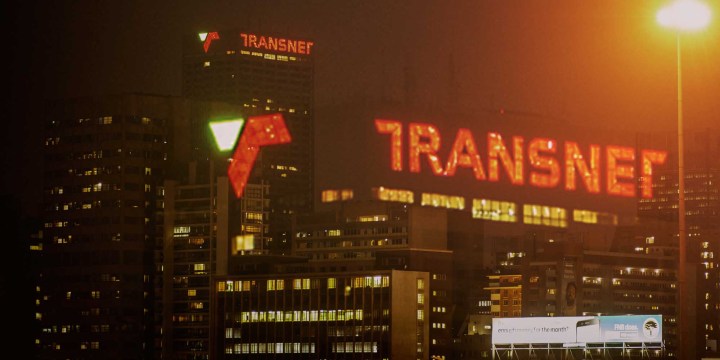RFA hails Minister Creecy approval of Transnet Network Statement
Road Freight Association's (RFA) praise for Transport Minister Barbara Creecy's approval of the Transnet Network Statement, which opens South Africa's rail network to third-party operators. It explores the potential economic benefits, job creation, and relief to overburdened road infrastructure.
LOGISTICSRAILWAY TRANSPORTATION
Trevor Gozhi
1/12/20252 min read


The Road Freight Association (RFA) has commended Transport Minister Barbara Creecy for her recent approval of the Transnet Network Statement, which enables the publication of open access to South Africa’s rail network for third-party operators. This milestone is seen as a pivotal step in revitalizing the country's rail infrastructure and positioning it as a cornerstone of the national economy.
The Network Statement is a critical document that outlines the terms and conditions for accessing the rail network, setting the stage for a more inclusive and competitive rail industry. The RFA believes that this move has the potential to unlock the untapped economic benefits of South Africa's extensive rail system. Despite the network’s current challenges, including operational inefficiencies and aging infrastructure, pockets of state-of-the-art facilities exist that can serve as a foundation for significant growth and modernization.
A Catalyst for Economic Growth and Job Creation
The RFA underscores that an efficient and accessible rail network can serve as a catalyst for economic development. By enabling third-party operators to participate, the rail sector can stimulate economic activity, enhance logistics efficiency, and create numerous job opportunities across various industries. The association envisions 2025 as a crucial year for the realization of these objectives, marking a potential turning point for South Africa to become a vibrant logistics hub and a developmental node integrating all modes of transport.
Addressing Long-standing Challenges
The RFA has long advocated for transformative changes in rail operations and network development. South Africa’s over-reliance on road freight has placed immense pressure on the country’s road infrastructure, leading to accelerated wear and tear. The sheer volume of cargo transported daily by road—combined with heavy axle loads—has exacerbated the degradation of roads and increased maintenance costs. Towns along major freight routes have also borne the brunt of this heavy traffic, facing both economic benefits and significant infrastructural damage—a dynamic the RFA likens to a “Jekyll and Hyde relationship.”
The Role of Rail in Balancing the Load
By shifting a significant portion of freight transport back to the rail network, South Africa can alleviate the burden on its roadways, reduce transportation costs, and decrease the environmental impact of logistics operations. The RFA emphasizes that a balanced and integrated transport system—where road, rail, and other modes of transport work in harmony—is essential for sustainable growth.
Moving Forward: Monitoring and Collaboration
As the Transnet Network Statement comes into effect, the RFA is committed to monitoring its implementation and collaborating with stakeholders to ensure its success. The association calls for transparency, efficiency, and continued investment in infrastructure to overcome existing challenges and fully realize the potential of the rail sector. The RFA also encourages the government and private sector to work together to address the systemic issues that have historically hindered rail transport in the country.
The approval of the Transnet Network Statement represents a significant step forward in South Africa’s journey to transform its transport landscape. With the right policies, investments, and collaborative efforts, the country’s rail network can become a driving force for economic growth, job creation, and sustainable development.
Future
© 2025. All rights reserved.


